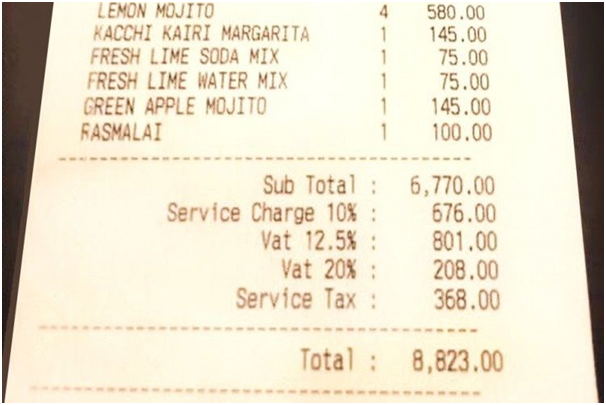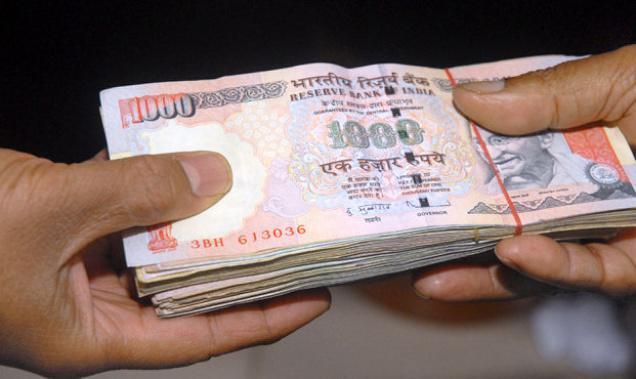Search
Difference Between Service Charge and Service Tax
May 25, 2017
When dining at a restaurant, you almost never pay the exact same prices you read in the menus. This is because the final bill comprises of several taxes and service charge. However, for many years people were unaware that the latter is not mandatory, until early this year when the government made a clarification.

The truth is- while a diner has to pay the taxes such as VAT, Swachh Bharat Cess, and even the Service Tax, paying Service charge is at their own discretion. So, if they don’t like the service or the food, they can refuse to pay the service tax.
The following are the key differences between aservice charge and service tax:
- The service tax is imposed and regulated by the government of India. However, the service charge is not bound by any governmental regulations.
- The rate of service tax is the same all across India, which is 14%. However, therate of service charge can vary from one restaurant to another as they decide the rate themselves.
- Service tax collected is forwarded to the government. However, theservice charge is kept by the restaurant owners. It’s not a tax but an extra “cost” which is meant to serve as “tips” which are otherwise given to waiters.
- As per the law, a restaurant can charge service tax only if it’s providing the facilities of air-conditioning or centralheating, although there are many restaurants that levy service charge irrespective of that. However, there is no such contingency on the service tax.
Knowing the difference between service charge and service tax is really important even if you don’t eat outside frequently. This is because you can choose to avoid paying for service charge unnecessarily the next time you dine at a restaurant.



